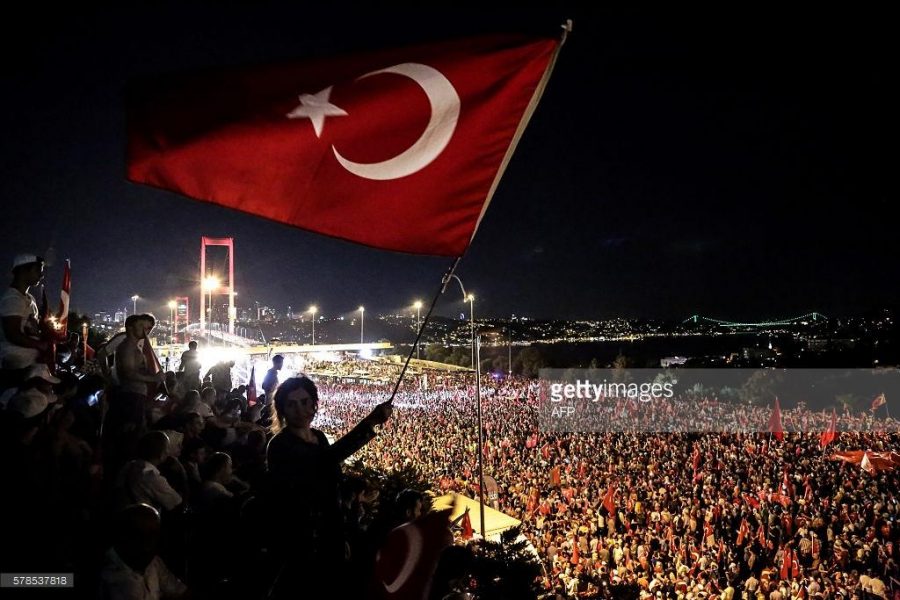After an unsuccessful military coup, Turkey’s President Recep Erdogan received widespread support from world leaders. The Turkish people did the same, rallying to Erdogan’s side on the night of the coup, encouraged by messages from the embattled President on social media. Using Twitter and FaceTime, he pled for his people to go out onto the streets and resist the usurpers. Yet, the people who threw their favor behind Erdogan may soon come to regret their decision.
Erdogan has a history of censoring the media in Turkey. Throughout his term as prime minister and as president he has used censorship as a way to sidestep the concerns of the people, from restricting negative coverage during his presidential campaign to suppressing news of anti-government protests. He has repeatedly made it clear that he is against the use of social media as a tool for open discussion or to voice dissent. A free flow of information clashes with Erdogan’s ideal, where all media is state controlled and used to inspire confidence in the government rather than allow insight into potential shortcomings in policy.
It seems contradictory to have backtracked on those beliefs in encouraging the people to take to the streets. It was an uncharacteristic show of weakness for him and, although it helped to preserve his authority through an enormous outpouring of support, was a tactic he probably should have avoided. Indeed, earlier in the day, before attempting outreach on Twitter, access to social media sites was slowed and even shut down. It seems Erdogan would have much preferred stopping news of the coup from ever getting out, thus keeping intact his appearance of power and control. His change of heart was an act of desperation tactic. The failure of the coup in the face of civilian protest serves as proof that the people can successfully leverage their power. In turn, it is a cautionary tale for Erdogan, who was already paranoid of social media’s ability to rouse the public to action, action which could be aimed at him in the future.
Unfortunately, the failure of the coup now puts him in an opportune position to act on those fears. Citizens who gained new faith in their leader through his passionate appeals on social media may well find that same media curtailed as he secures power. Already President Erdogan’s totalitarian grip on the government has tightened. In the aftermath of a chaotic weekend thousands of personnel had been arrested throughout the country. While many were members of the Turkish Armed Forces, implicated in the attempted coup, many more were judges and school teachers listed as potential opponents by his government before the coup even occurred.
It all feels eerily similar to the Reichstag fire of 1933, which gave Hitler an excuse to eliminate his political adversaries under the guise of national security. The coup on Friday gives Erdogan an excuse to wipe the slate clean, not only of those who did participate in the rebellion, but also of those who might oppose him. It allows him to fast track policies that he’s pursued since gaining office, from restricting independent media in the country to the consolidation of power in the executive branch.
American and European interests in keeping Erdogan in power are selfish, rather than based on democratic value. Europe is primarily concerned with keeping the massive influx of refugees at bay, Turkey being essential in stopping those migrants before they can enter the European Union. President Obama, on the other hand, needs a continued relationship with Turkey in order to combat ISIL.
But western leaders should not be too quick to validate the man, especially when he is in a position to upend the democratic progress Turkey has made. Although the coup attempt was an insult to Turkey’s democracy, in the long run an emboldened and unchecked Erdogan might be just as bad.


